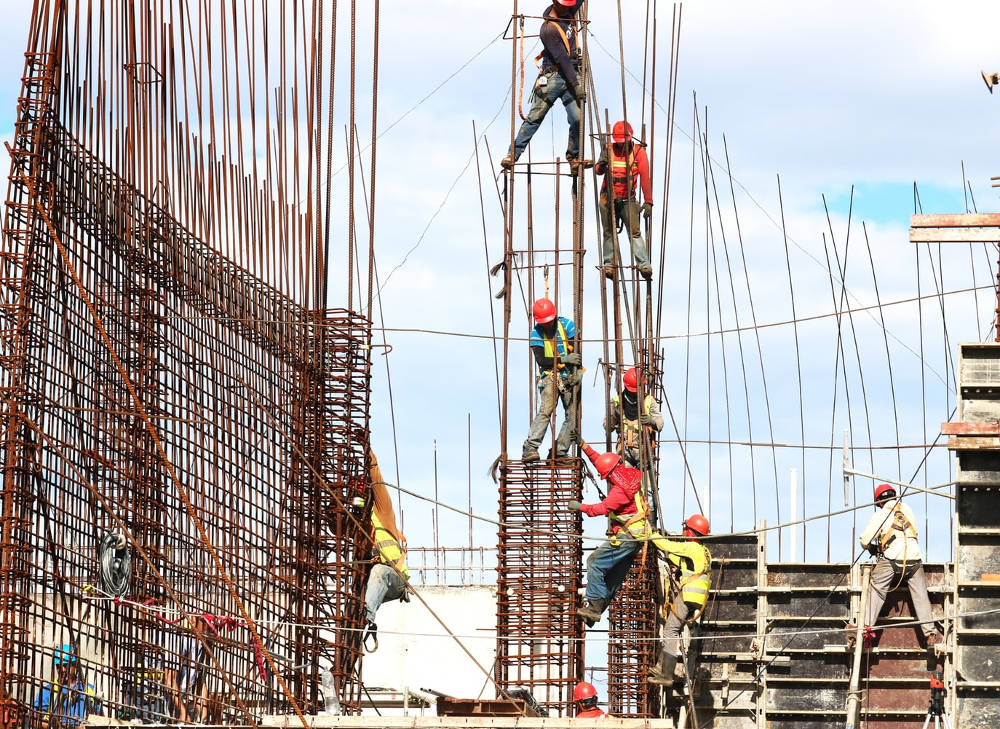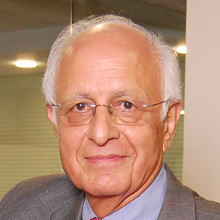[Photo by Josue Isai Ramos Figueroa on Unsplash]
[Update: This essay was updated with a section on ‘Shaping our future together’ on April 4, 2020]
We are locked down in our homes. There is no noise outside. Now one can hear the songs of birds. The internet is proving a boon to keep us connected with family and friends wherever they are. The shares of Zoom are soaring. Social media is abuzz.
Tips on how to manage at home. How to stay physically fit. How to avoid mental depression. How to get work done. WhatsApp groups have become hyperactive. COVID-19 has spurred an industry of advisers. And provided more fuel for rumour mongers.
I have more time on my hands too, and a smartphone. My acquaintances have become very creative. They are enjoying parties online, with music and booze. They have to be BoB (Bring your own Bottle) of course. Though glasses cannot be clicked, toasts are being raised. This is turning out to be fun, they say. We could survive this for a few weeks.
Meanwhile jarring images from the world outside our gated communities have begun to break into our homes. Hundreds of thousands of our fellow citizens desperately trying to reach their homes. With no food, and no water. Being beaten by the police for disobeying orders for venturing out of their homes. When they had none. They came to work in cities, to build the infrastructure we enjoy, and to serve us in our homes. They worked in factories producing garments for export. Which improved the country’s trade balance and increased its GDP. These are the dwellers of the slums that were eyesores in our vision of world-class cities. We wanted their work. But would rather not have to deal with their human needs, for shelter, public services, and for dignity.
Enjoying the fun that ‘people like us’ are having on chat groups, and watching the tragedy unfold outside, an image of Nero fiddling while Rome burns comes to my mind.
COVID-19 is a storm with unprecedented fury. We pray it will pass soon. It is tearing down economies everywhere. We are realising that the economy will not return to the old normal. When the storm has passed, what is the shape of the new economy we will build? A new house that will be more resilient against global storms: against financial crises, against pandemics, and even against the impacts of climate change which we cannot ignore anymore? A new house that will have a decent place for everyone.
Companies are familiar with the idea of ‘off-sites’. In exotic locales where employees can celebrate. Or, in quiet places, where the noise of the world can be shut out, and small groups of leaders may reflect on the future. Where they can envision what they will create together.
The lockdown and the internet are enabling virtual off-sites. To have fun. Or to plan.
This is the time for us to imagine the shape of the house we will build together when the storm passes. We need to rebuild its foundations. We need a new vision to fuel our collective efforts.
Let’s have the conversation.
Shaping our future together
Why should we talk about the future when we are struggling to survive through a pandemic, whose course we seem powerless to change?
We need to strengthen ourselves emotionally. We need hope. Experts are already warning us that the psychological costs of the pandemic are mounting. Many more doctors will be required to help people who will become ill. And also many more therapists to help people who are becoming stressed with fear and are lonely and depressed.
Viktor Frankl, a psychiatrist, lived through the horrors of Auschwitz, and later inspired millions of people with his books, such as Man’s Search for Meaning. Locked into the concentration camp, amidst great brutality and deprivation, he observed how some prisoners became stronger within. He said, “Everything can be taken from a man but one thing: the last of the human freedoms — to choose one’s attitude in any given set of circumstances, to choose one’s own way.”
Nurture thoughts of what you will do when you are free. Live with hope for the future while enduring the pains of the present.
Peter Drucker, the great management philosopher, said that effective executives learn how to make the right compromises and avoid bad ones. Managers have to make compromises all the time, he pointed out. They hardly ever have enough resources to do everything they want to. They must choose between several desirable goals which are often in conflict. They must come up with practical options. But how should they chose which compromise is the best?
The best option he said, is the one that is closest to the ideal. The ideal is where you want to reach ultimately, though you may have to zig and zag along the way, as sailors do, when they are sailing against the wind. Therefore, you need to be clear about what the ideal is, he said, especially if you have limited resources and are also in a storm of uncertainty.
The COVID-19 pandemic has created an unprecedented health crisis. The threat to health has to be fought on a war-footing. Limited healthcare resources must be marshalled and more built immediately. The measures that must be taken to fight the disease are disrupting economies and the livelihoods of people everywhere. Very soon, solutions must be found to provide people with their needs for food, and incomes and other essentials. Otherwise, as many say, they will die of deprivation before they die of the disease.
We should think of the actions we must take in three horizons. The first is the swift response to the medical emergency. This may be best left to a centrally managed campaign in view of the paucity of resources and the need for swift responses.
The second horizon, beyond the medical emergency, is what we can do, and must, to enable life to carry on sufficiently and to prevent other deprivations causing harm. Ideas are appearing in many parts of the world, including in India, where people are following the principles of social distancing rigorously and yet communities have been able to keep services open in innovative ways.
The third horizon is the vision of life after the storm has passed and we can live normally, that Frankl points to. And Drucker too. What is the ideal world we want to create? The crisis that has shattered our lives is an opportunity too. We don’t have to build the house like it was. We can rebuild it differently. We must. To make it more resilient against storms in the future. And more inclusive. Now is the time to boldly imagine what must be the characteristics of the economy, and society, we will create together.
The future does not have to be an extrapolation of the past. Let’s make time for conversations about ideals, aspirations, and innovations.
Also watch: India is hurting. Why? What next? | Local systems solutions, investments in healthcare and public institutions, cross-pollination of ideas—a panel moderated by Arun Maira discusses how to extract the economy out of the morass it is in
Editor's Note: At Founding Fuel, we are hard at work at defining and building out an important and urgent theme around Survival Strategies. As the national lockdown enters its second week, every business, big and small, is reeling under the after-effects of the global pandemic and its economic consequences. Corporate CEOs and entrepreneurial founders face an enormously difficult task to not just save their businesses, but also save livelihoods so that the economy doesn't sink further. This will need deep collaborative efforts with other businesses, industry associations, civil society and government. Some stirrings are already visible. We will bring to you the war-like reconstruction effort through essays, stories from different parts of the country, and conversations with some fine minds in our Founding Fuel network. We'd love to hear your ideas on what needs to be done. Please join the conversation on our Slack group.


